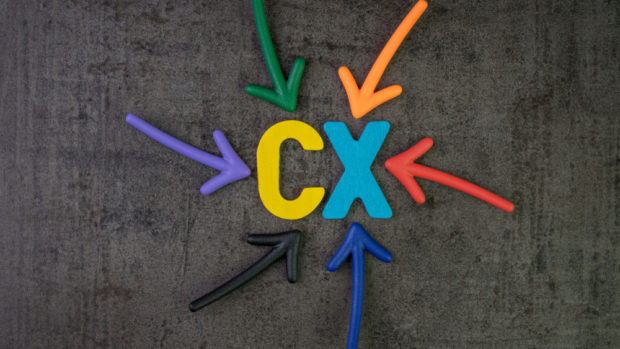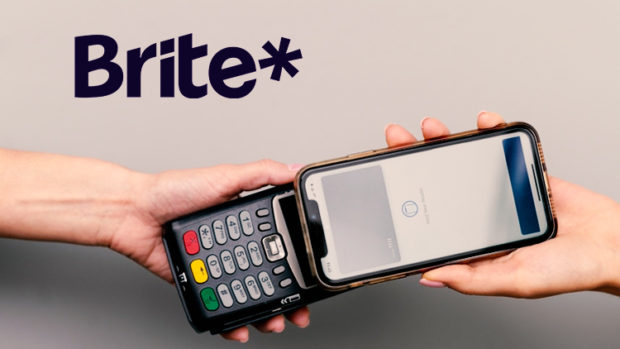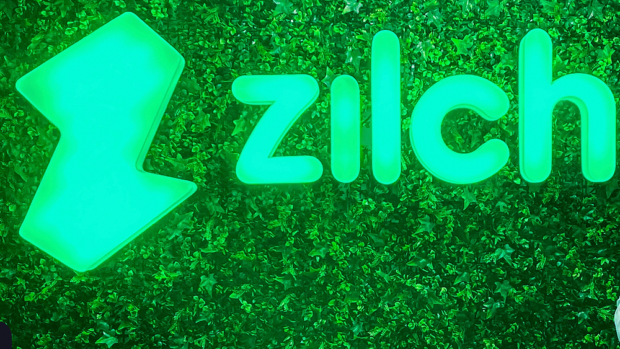
Cash is here to stay, with nearly 6-in-10 businesses (57 per cent) expecting to never be entirely cashless despite the widespread adoption of electronic, card and mobile payments. This is according to The Cash Chasm, a new research report from global cash management solutions provider PayComplete which surveyed cash processing and management decision-makers within the retail, hospitality, and leisure sectors from across the world, to assess the status of cash management.
However, regardless of cash’s staying power and continuing popularity with consumers, many businesses are still stuck with out-of-date manual processes for handling, storage, counting and reporting cash that create huge inefficiencies that literally leaves ‘money on the table’. In a surprising revelation, it has been found that 41 per cent of companies still use manual cash-handling processes, leading to many businesses spending over £400,000 a year on excessive security costs which could be slashed with the introduction of new CashTech solutions.
Globally, cash usage remains resilient, with estimates of US$40 trillion of physical cash in circulation. Despite many expecting cash use to disappear following the COVID-19 pandemic, quite the reverse has happened. For example, the amount of US dollars in circulation as cash has increased, while in Germany it remains a strong cultural preference. Even in the UK, a region at the forefront of payment innovation, has seen the Financial Conduct Authority (FCA) announce the need for new legislation to enshrine access to cash in law.
“Cash is alive and kicking in the 21st century. However, organisations aren’t giving it the attention it deserves. Just as card payments evolved from low-tech systems like pen-on-paper slips to magnetic stripes and now fully interconnected electronic systems, cash is having its own digital revolution,” said Simon James, CEO of PayComplete. “Previously cash management advancements relied on new hardware being deployed, but this piecemeal approach has created fragmented, Frankenstein cash estates that are inefficient and reliant on manual processes. It’s time for a new digital attitude to physical cash.”
Highlights from The Cash Chasm Report include:
- Over-reliance on manual processes – 41 per cent of organisations admit to having an entirely manual cash handling process. This figure jumps to nearly two-thirds (62 per cent) in France, which lags behind the global average.
- Irritating Inconsistencies – Over a third (34 per cent) of organisations say their biggest challenge is discrepancies when handling and processing cash due to low levels of automation. France (54 per cent) and Spain (43 per cent) are the regions with the biggest discrepancy issues.
- Vanishing Value – A shocking 20 per cent of the value of cash is lost for organisations with 3-5 people handling cash.
- Going Against the Grain – More than one in three (35 per cent) organisations encourage buyers to use electronic payment methods to increase overall efficiencies, despite cash remaining a strong customer preference for payment.
- A Band-Aid on a Broken Leg – 31 per cent of organisations are tightening processes and increasing staff training to offset their lack of automation, further increasing unnecessary operational expenditures.
This lack of automation is having a major impact on business operations leading to issues including cash discrepancies, security worries, and high cash management costs, which were ranked as the top three cash handling and processing challenges.
High costs due to inefficient processes are a massive concern for businesses. Research reveals that when over six people are involved in cash handling, the cost of security measures increases by over 380 per cent, to an average annual cost of over £409k. By reducing the number of people involved in cash handling, businesses can slash their operating costs while simultaneously reducing losses from risk, fraud, and theft by an astounding 280 per cent.








Share